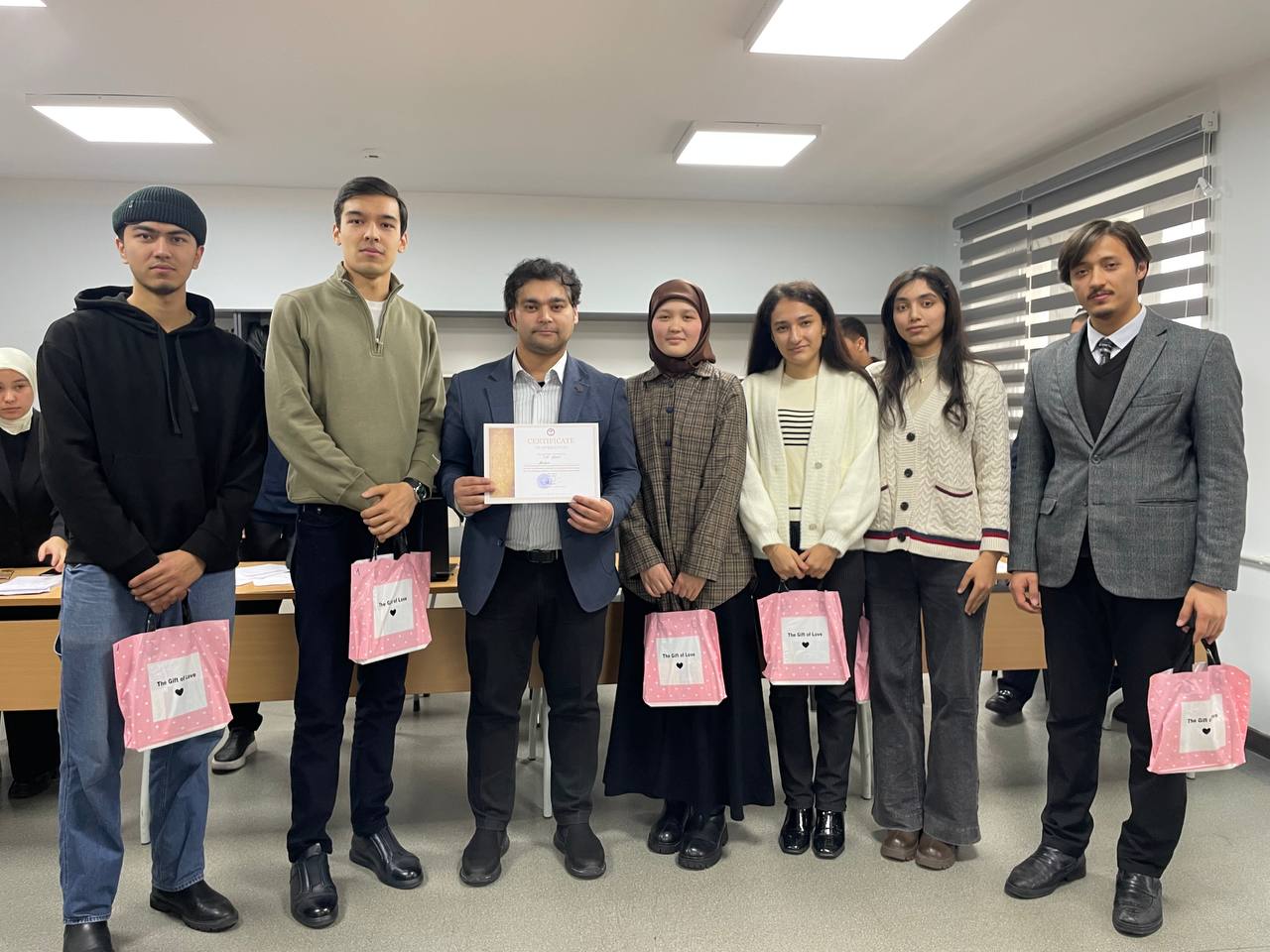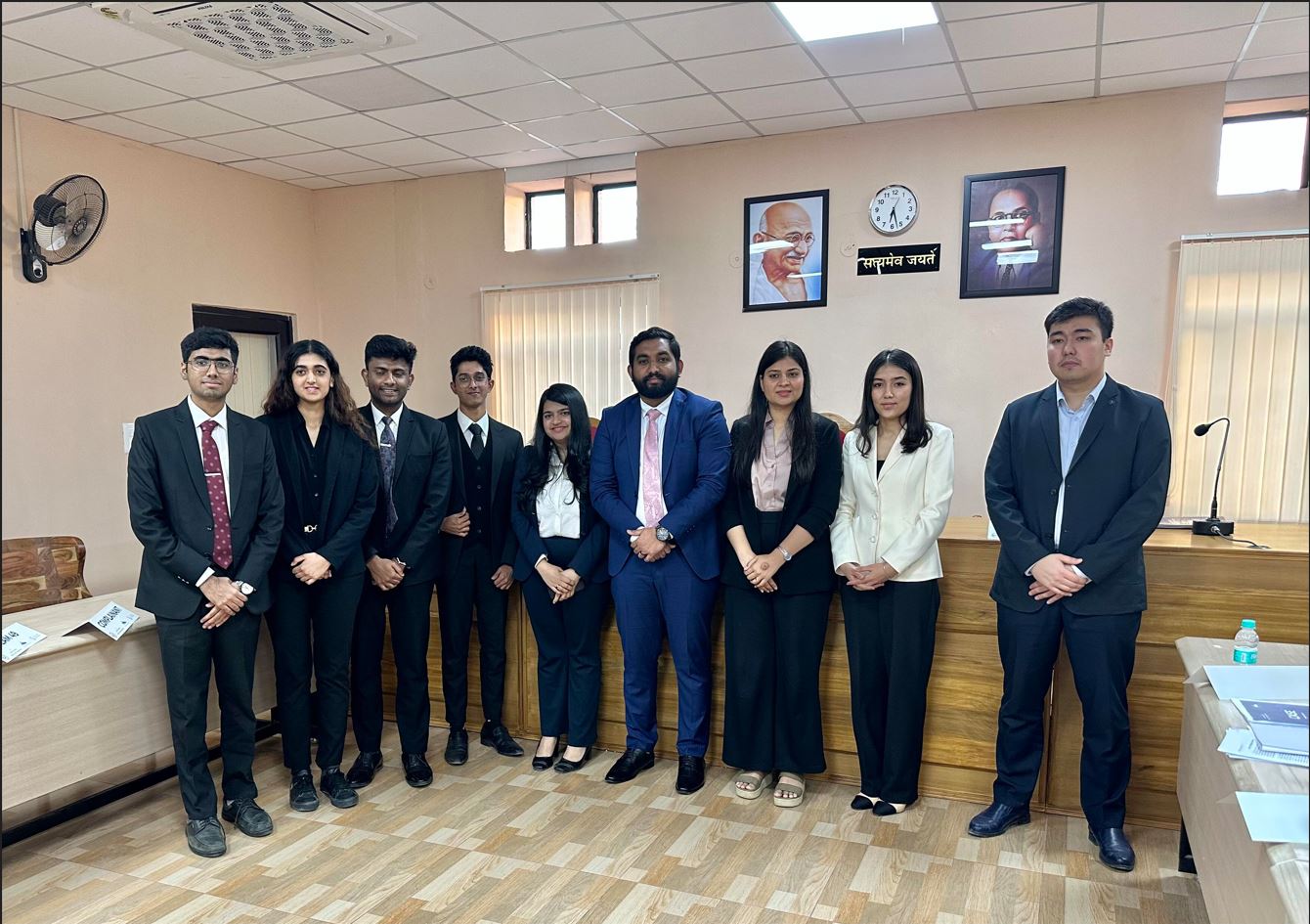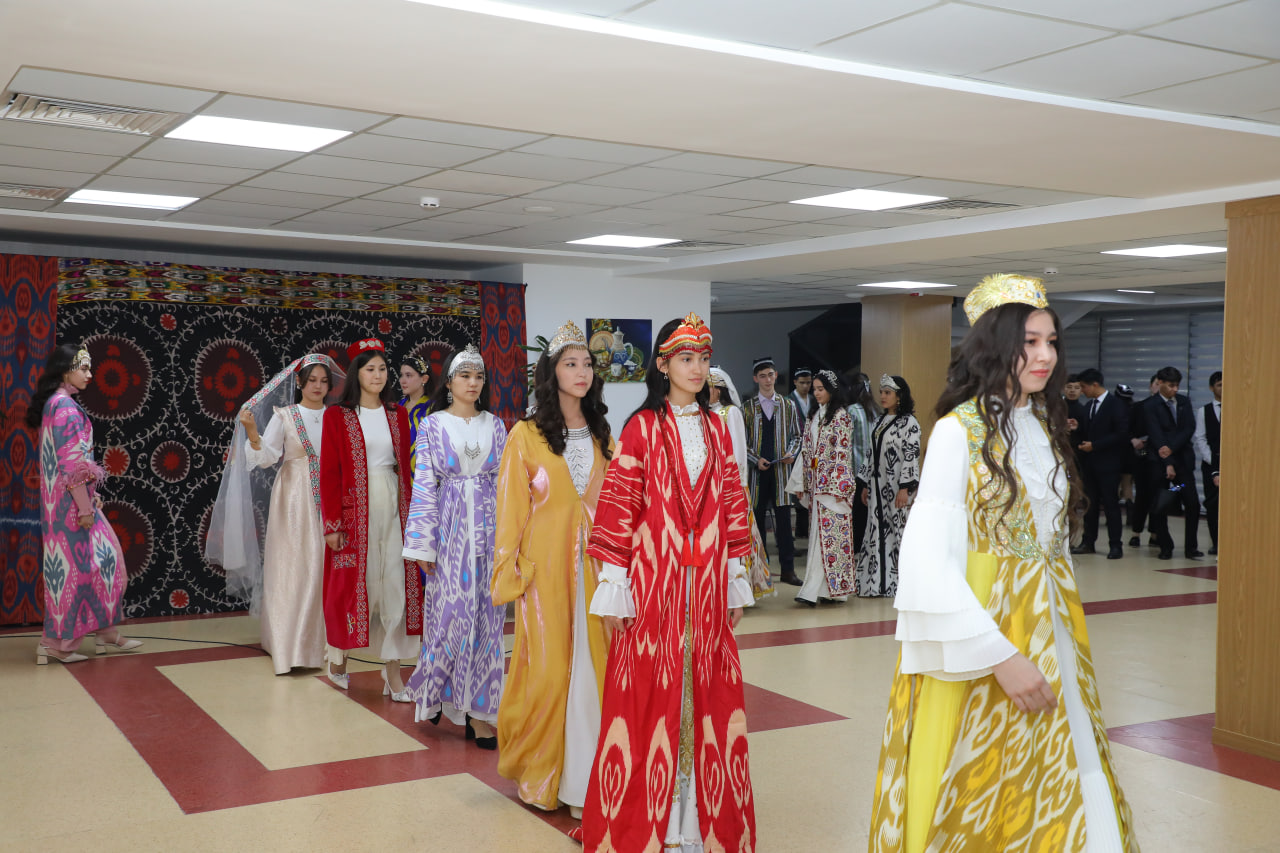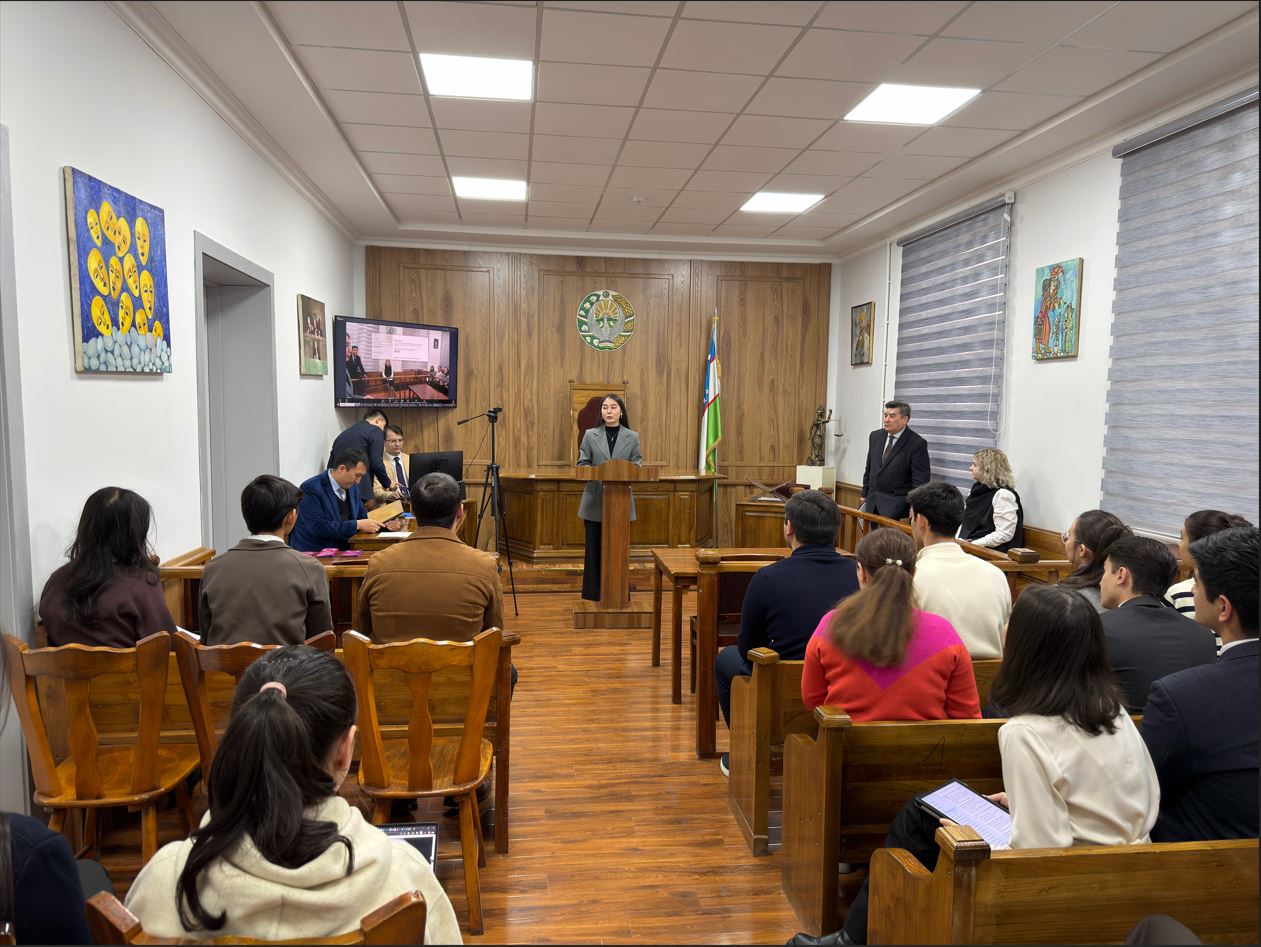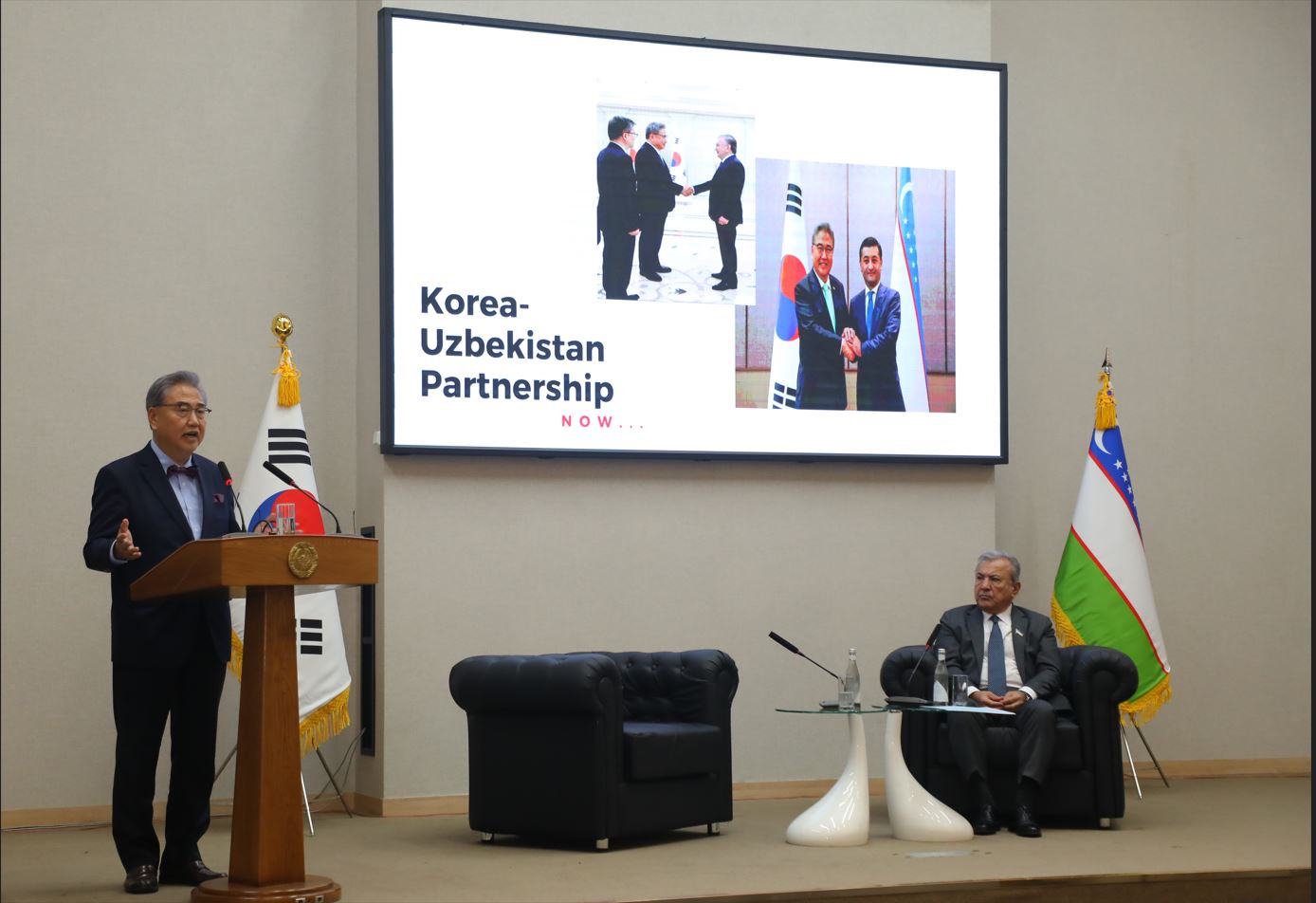
UWED and Government Institutions Unite Efforts: Scientific Support for Gender Equality Policy in Uzbekistan
UWED and Government Institutions Unite Efforts: Scientific Support for Gender Equality Policy in Uzbekistan
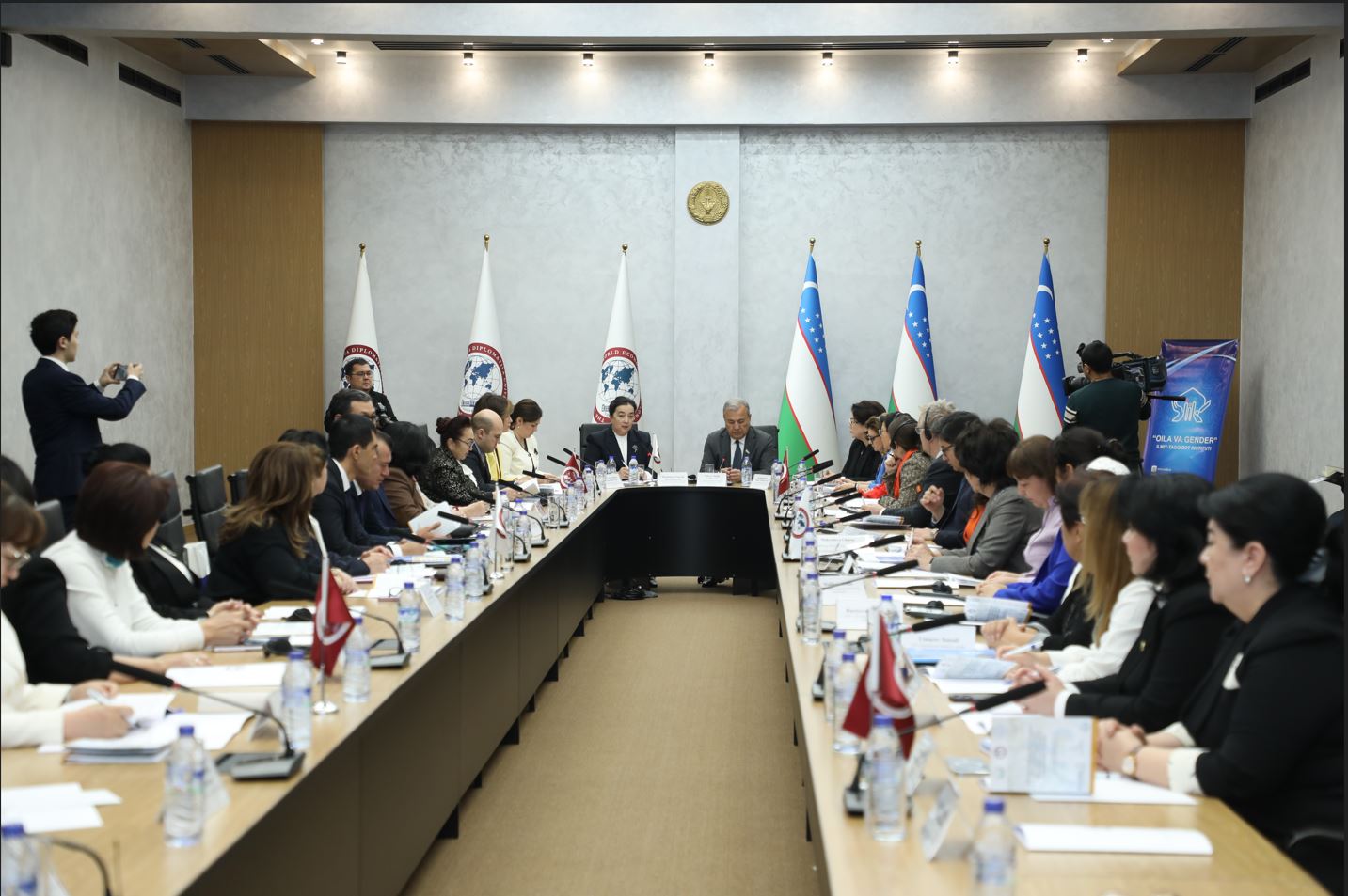
On November 26, 2024, the University of World Economy and Diplomacy (UWED) convened an international scientific-practical conference centered on "Current Issues in Ensuring Gender Equality in Uzbekistan: Present State and Future Tasks." The conference provided a forum for the dissemination of research undertaken in partnership with governmental bodies and pursuant to national initiatives aimed at advancing gender equality policies.
The event was organized by UWED in partnership with the National Center for Human Rights and the Research Institute "Family and Gender", bringing together representatives of government institutions, UN-affiliated organizations in Uzbekistan, international and financial organizations, foreign experts, scholars, and non-governmental non-profit organizations.
The main objective of the conference was to advance the goals of national programs and international commitments, including the 45th anniversary of the UN Convention “On the Elimination of All Forms of Discrimination Against Women”. Discussions focused on academic research findings and the development of practical recommendations to enhance state policies on gender equality.
The forum was distinguished by the presence of high-profile participants, including the First Deputy Chairperson of the Senate of the Oliy Majlis of Uzbekistan and UWED Rector S. Safoev, Deputy Prime Minister Z. Makhkamova, members of the Legislative Chamber Committee on Democratic Institutions and Civil Society Development, the Director of the National Center for Human Rights A. Saidov, Ombudsman of the Oliy Majlis F. Eshmatova, Chairperson of the Committee on Family and Women Affairs O. Parpibaeva, and Director of the Research Institute “Family and Gender” N. Egamberdieva. Participants emphasized the evolving significance of women’s rights and gender equality issues in Uzbekistan, highlighting increased government support for these initiatives.
The conference showcased comprehensive academic research, conducted under state programs, aimed at ensuring equal rights and opportunities for both women and men. Experts provided detailed insights into mechanisms for combating gender-based violence, the necessity of systemic approaches to eliminating discrimination, and strategies for integrating gender-sensitive policies across all spheres of governance.
A key focus was the exchange of international best practices and the development of specific legislative proposals to enhance gender equality policies. Participants stressed the importance of collaboration between government agencies, research institutions, and international partners in achieving the UN Sustainable Development Goals (SDGs), particularly Gender Equality.
The conference culminated in actionable recommendations and strategic priorities poised to inform future research and policy development within Uzbekistan’s gender equality initiatives.
A notable outcome of the event was the publication of a comprehensive conference proceedings volume, produced in collaboration with pivotal governmental institutions. This volume comprises scholarly articles and expert reports from prominent academics and officials, presenting sociological and legal research findings, analyses of national legislation and Uzbekistan’s international commitments, and recommendations for mainstreaming gender-sensitive approaches into state governance
The proceedings were officially approved by the UWED Scientific Coordination Council and serve as a reference document for policy formulation and revisions. It is actively used by academics, public officials, and practitioners involved in national and international programs related to gender equality.
This conference and the associated collaborative research exemplify the high level of cooperation between UWED and state institutions, contributing significantly to the development of Uzbekistan’s sustainable policy framework and addressing key social challenges. This model of engagement strengthens the academic-policy interface and ensures that research findings are effectively integrated into government planning and legislative frameworks.
